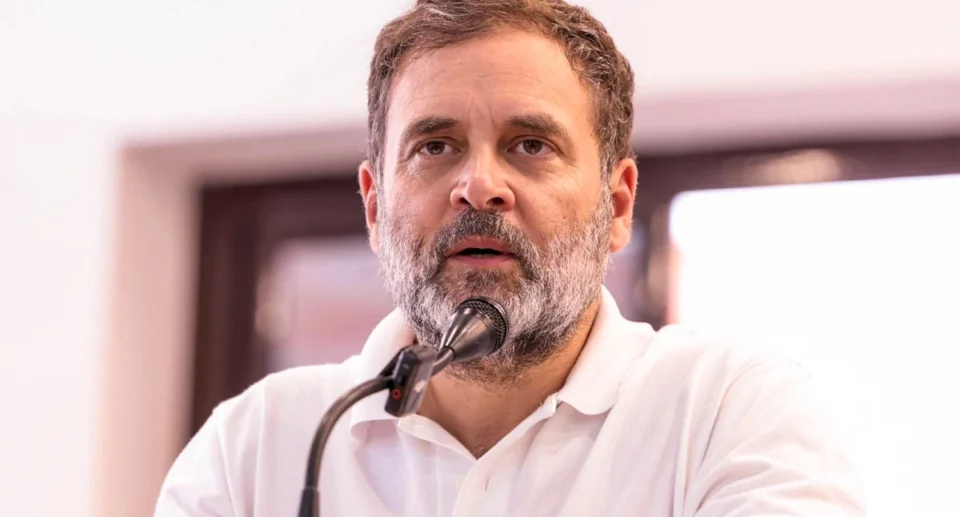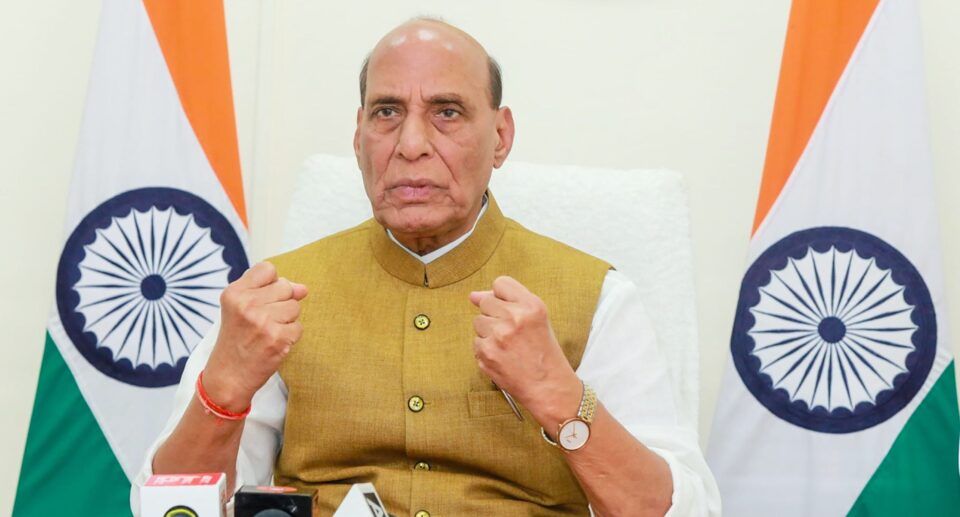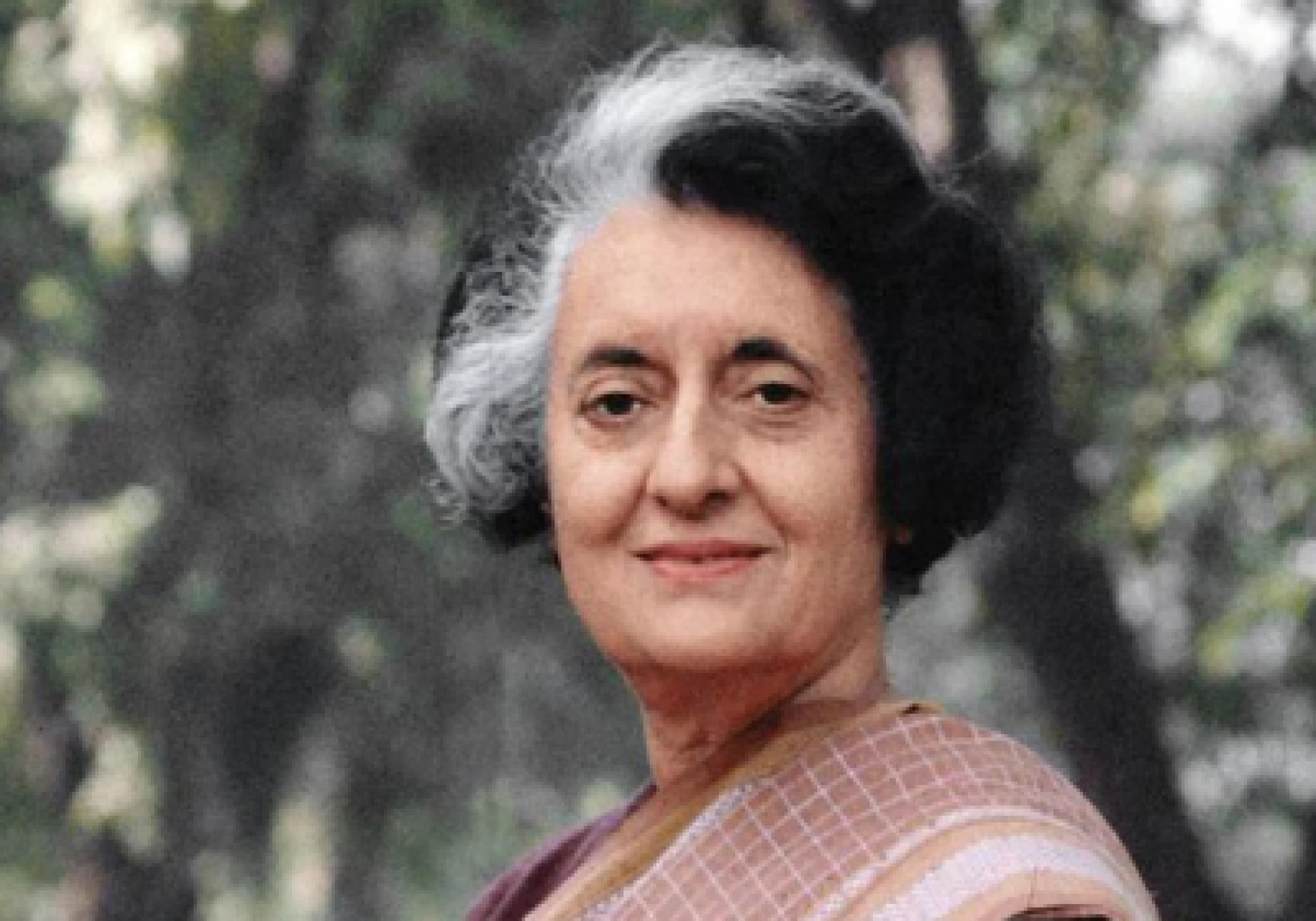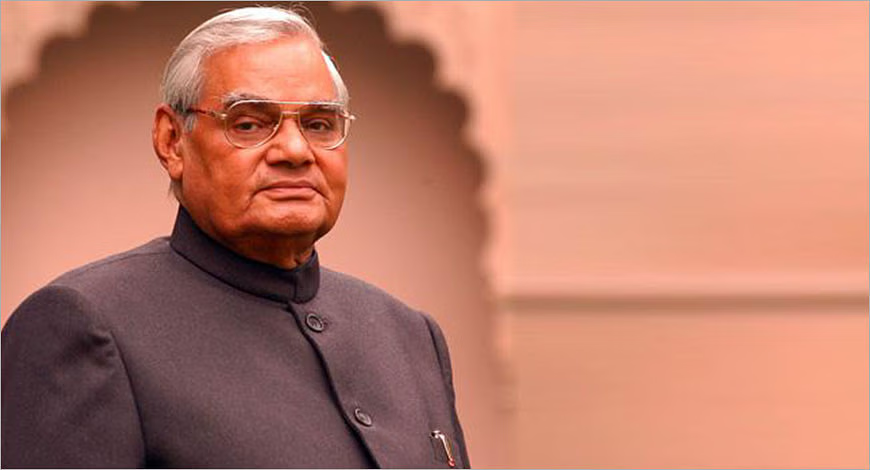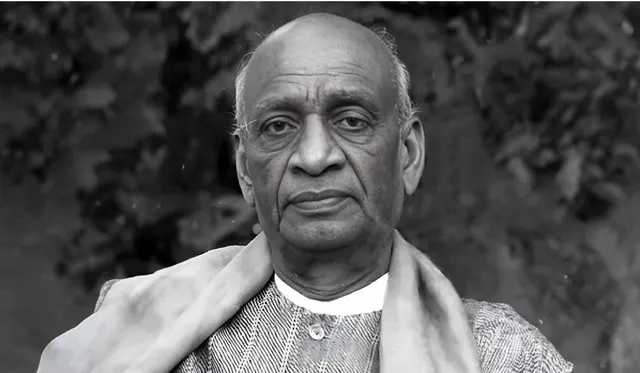Biography of Amit Shah: Life, Political Journey, Achievements, and Legacy
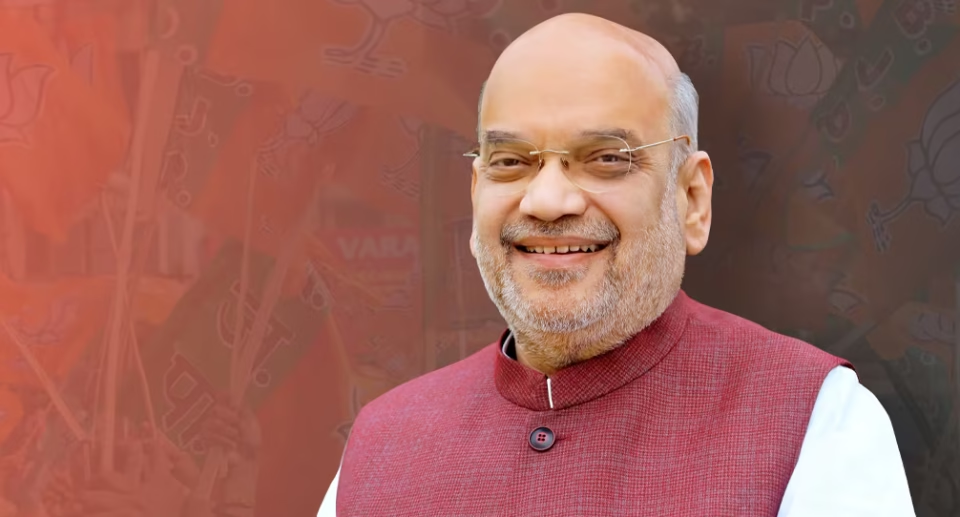
Introduction
Amit Anilchandra Shah, India’s current Union Home Minister and one of the most influential leaders in modern Indian politics, is widely regarded as the master strategist of the Bharatiya Janata Party (BJP). Known as the “Chanakya of Indian Politics,” Shah has played a pivotal role in the rise of BJP from a regional force to the world’s largest political party. His journey from a small-town boy in Gujarat to becoming a key decision-maker in New Delhi is a tale of determination, political acumen, and organizational brilliance.
Personal Information
- Full Name: Amit Anilchandra Shah
- Date of Birth: 22 October 1964
- Birthplace: Mumbai, Maharashtra, India
- Nationality: Indian
- Zodiac Sign: Libra
Physical Appearance
- Height: 5 feet 6 inches (168 cm)
- Weight: Approx. 90 kg
- Hair Color: White/Balding
- Eye Color: Black
- Build: Heavyset
Early Life and Education
Amit Shah was born on October 22, 1964, in Mumbai, into a Gujarati Hindu Baniya family. His father, Anilchandra Shah, ran a small business in PVC pipes. Raised in Mehsana, Gujarat, Amit Shah developed a strong sense of discipline and leadership from an early age.
He pursued a degree in Biochemistry from C.U. Shah Science College in Ahmedabad. During his college years, he actively participated in debates and student organizations, sharpening his leadership and communication skills.
Entry into Rashtriya Swayamsevak Sangh (RSS)
At the young age of 14, Amit Shah joined the RSS, where he was deeply influenced by its discipline and nationalist ideology. His early association with the RSS became the foundation of his political and ideological journey.
Later, he became a pracharak (campaigner) and began working closely with the organization’s grassroots movements. This experience gave him a deep understanding of social dynamics and electoral politics.
Entry into Politics and Early Career
In 1980, Amit Shah joined the Bharatiya Janata Party (BJP) and soon rose through the ranks due to his organizational skills.
By the mid-1980s, he was closely working with Narendra Modi, who was then a fellow RSS pracharak. Their partnership became one of the most defining collaborations in Indian politics.
In 1995, Shah became the chairman of the Gujarat State Finance Corporation, and by 1997, he was elected as an MLA from the Sarkhej constituency. His reputation as a strategic thinker and skilled administrator quickly grew.
Role as a Key BJP Strategist in Gujarat
During Narendra Modi’s tenure as Chief Minister of Gujarat (2001–2014), Amit Shah became his trusted confidant. He played a crucial role in strengthening the BJP’s grassroots network, ensuring the party’s dominance in Gujarat.
As a minister in Gujarat, Shah handled multiple portfolios, including Home, Transport, Law, and Excise, proving his versatility and governance skills.
Rise in National Politics
Amit Shah’s biggest breakthrough came during the 2014 General Elections, where he was appointed BJP’s National General Secretary and later the campaign in-charge for Uttar Pradesh.
Under his leadership, the BJP won a landslide victory in UP, securing 71 out of 80 seats, which paved the way for Narendra Modi’s historic victory as Prime Minister.
In recognition of his organizational genius, Shah was appointed President of the BJP in 2014.
President of Bharatiya Janata Party (2014–2019)
As BJP President, Amit Shah transformed the party into a pan-India force:
- Expanded the party’s base to previously weak regions like the Northeast.
- Successfully strategized state assembly elections in Haryana, Maharashtra, Jharkhand, and Assam.
- Focused on grassroots workers and booth-level management, making BJP the world’s largest political party with millions of members.
Shah’s political style was marked by micro-management, booth-level planning, and aggressive campaigning.
Union Home Minister of India (2019–Present)
In 2019, after BJP’s massive electoral victory, Amit Shah was appointed Union Home Minister of India. His tenure has been marked by bold and historic decisions:
- Abrogation of Article 370 (2019): Ended the special status of Jammu & Kashmir.
- Citizenship Amendment Act (CAA, 2019): Provided a pathway to citizenship for persecuted minorities.
- National Security Reforms: Strengthened laws and measures against terrorism and internal security threats.
- Police Modernization: Pushed reforms for better training, infrastructure, and technology in policing.
Personality and Leadership Style
Amit Shah is known for his strategic brilliance, discipline, and strong leadership skills. Unlike many politicians, he avoids flamboyance, preferring to work behind the scenes. His ability to craft winning strategies and mobilize grassroots workers has earned him the title of India’s modern Chanakya.
Achievements and Contributions
- Transformed BJP into the largest political party in the world.
- Architect of 2014 and 2019 general election victories.
- Instrumental in shaping internal security policies.
- Expanded BJP’s reach into new territories and voter bases.
Legacy and Impact
Amit Shah’s biography is a story of resilience, determination, and strategic vision. His role in shaping modern Indian politics and the BJP’s dominance is undeniable. As Home Minister, his policies continue to reshape India’s security, governance, and political narrative.
Shah’s legacy will be remembered as one of transformation, expansion, and unwavering commitment to his party’s ideology and India’s national interests.
